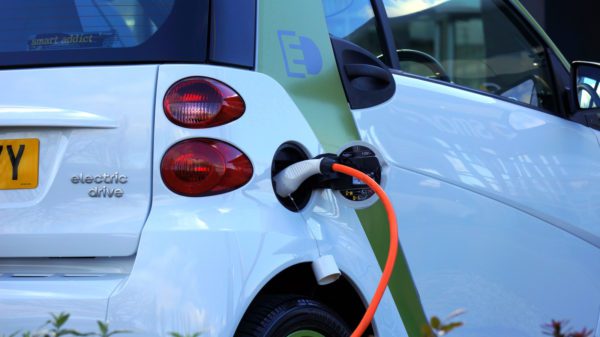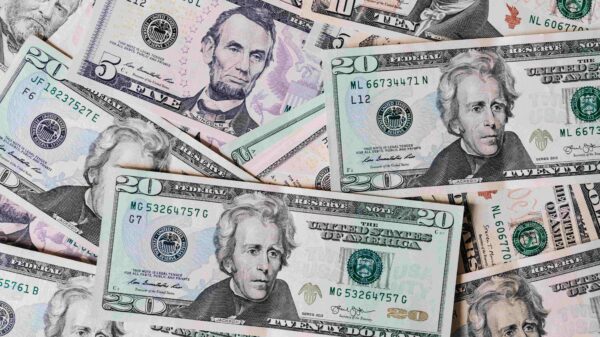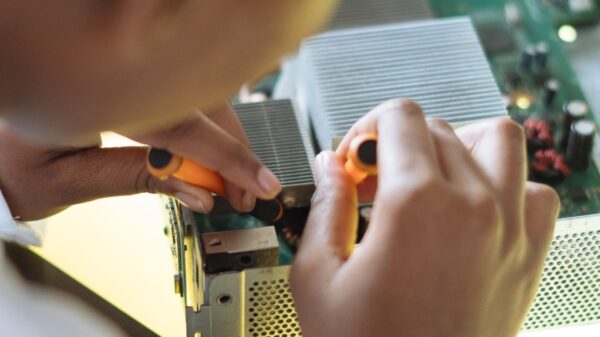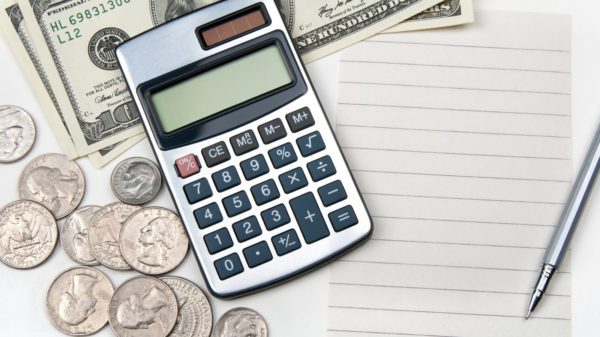Young people are graduating with more student debt than ever before. At more than a trillion dollars owed, today there’s more student debt than credit card or auto debt. The cost of education has risen much faster than incomes. In fact, tuition at private colleges in the early 1970s was around 2,000 dollars. Today it’s more than $30,000.
Looking at the staggering cost, it’s easy to see why Millennials are drowning in student debt. We spoke to one young New Yorker, James Teal, about how his more than $50,000 in student debt has delayed many big-ticket purchases.
“Having this debt affects everything because I don’t want to add on to this debt,” Teal said. “I don’t want to get a car, I don’t want to get a house. I want to get rid of this commitment before I move on to other commitments.”
In a consumer-driven economy, it’s easy to see how student debt can be a drag on economic growth. Millennials are in a lot of debt, and that’s delaying big-ticket purchases and household formation. Since Millennials are now the largest demographic group in the United States–surpassing Baby Boomers last year–future economic growth is threatened by growing debt loads. Interest on student debt is high, and many people have trouble just keeping up with interest payments.
Debt forgiveness is one way the federal government has tried to tackle the crisis. People with student debt held by the federal government have many more options, including income-based repayment programs. Unfortunately, people who financed their education with private loans typically don’t qualify for these forgiveness programs. People like Teal, who have private debt, have fewer consumer protections and repayment options that aren’t as flexible.
“Private debt is like having the cops chasing you,” Teal said. “Whenever you have any dime or nickel in your bank account, they’ll call you and ask you about it.”
Incomes have not risen in recent years, but the cost of education has skyrocketed. In a hyper-competitive economy, there’s little choice but to have a bachelor’s degree. But does taking on so much debt put the poor at a disadvantage? Teal said his peers who financed their education aren’t doing nearly as well as those whose parents paid for their tuition.
“My advice for the next generation would be to treat your education like you would a car or a house,” Teal said. “Don’t shoot for the $60,000 bachelor’s degree, when you can only afford the 10,000 bachelor’s degree.”
Student loans have increased by 84 percent since the recession (from 2008 to 2014) and are the only type of consumer debt not decreasing.


























